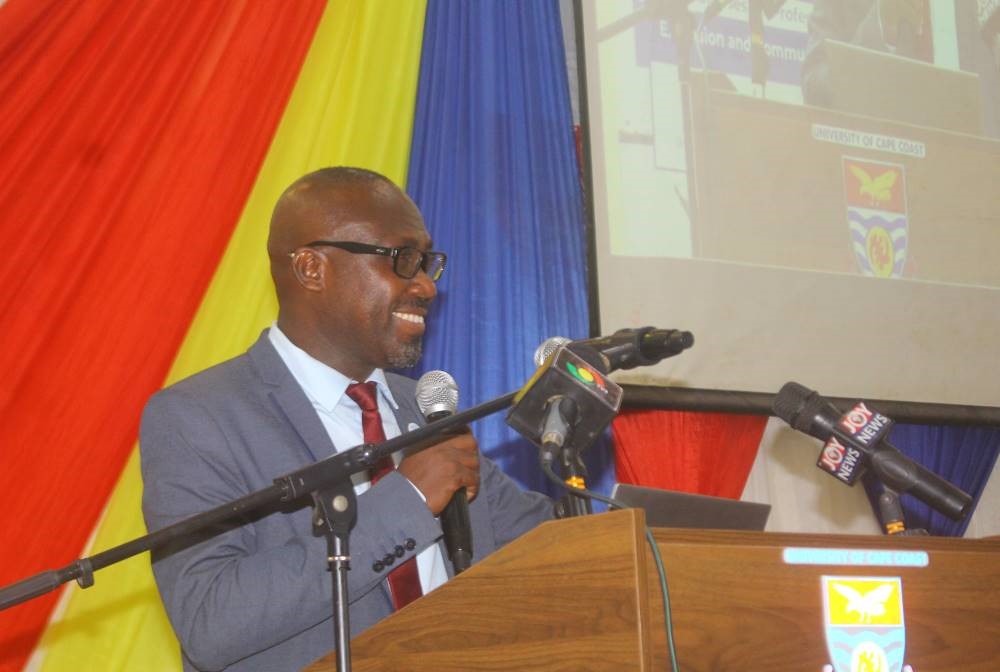By Prince Acquah
Cape Coast, April 13, GNA – The Centre for Coastal Management (CCM) of the University of Cape Coast (UCC) is pushing for the formulation of a standard coastal management plan to protect the blue economy and coastal communities in Ghana.
It said the plan must be backed by a legal instrument (LI) to address challenges such as marine pollution from plastics and oil production, and erosion of beaches, illegal fishing activities, among others.
The World Bank defines the blue economy as the “sustainable use of ocean resources for economic growth, improved livelihoods and jobs, while preserving the health of ocean ecosystem.”
Human activities, coupled with the imminent threat posed by the rising sea levels induced by climate change are, however, threatening Ghana’s blue economy and coastal habitats.
“Currently, Ghana does not have coastal management policy. All the policies are hedged in different institutions.
“We need to have coherent coastal management plan for the country which will address all the issues affecting the blue economy,” Professor Denis Aheto, the Director of CCM stated.
He was speaking at the launch of the 10th anniversary ceremony of the Centre to reflect on its achievements and challenges over years and chart a path for progress for the next decade.
The year-long anniversary is on the theme: “Celebrating a decade of impactful research and capacity building: Towards sustainability and resilience of Africa’s coastal and marine environment.”
CCM, which is a World Bank Africa Centre of Excellence in Coastal Resilience, was originally conceived in 1997 and eventually established in 2013 with the mandate to conduct research, build capacity and perform extension activities.
Some activities lined up for the celebration are webinars, observation of World Oceans Day, community outreach, workshops, health screening and health walk, and a conference on the blue economy.

Professor Aheto observed that beyond climate change, sand winning was also a major menace robbing the country of its coastline and landing beaches.
Consequently, he called for a conscious strategy to discourage people from buying sea sand for building and encourage the use of other materials.
“It must be tackled from the demand side – if people are not buying then those who go to win will eventually think about stopping.
“Because it is not a sustainable approach. It is really destroying our coastline,” he said.
The CCM director further urged Ghanaians to embrace the closed season which was a scientific management measure to allow the fish stock to breed, adding that it must be implemented at the appropriate time.
He observed that artisanal fishers and other stakeholders usually wanted it at a time before August as directed by science.
“The right time is August,” he observed, noting that for the best results, it should be extended from July to September.
“But the question is, what will fishers be doing when the period is lengthened. Even in a month they are crying but fishers themselves need to begin looking at alternatives and not just wait for government,” he emphasised.
GNA